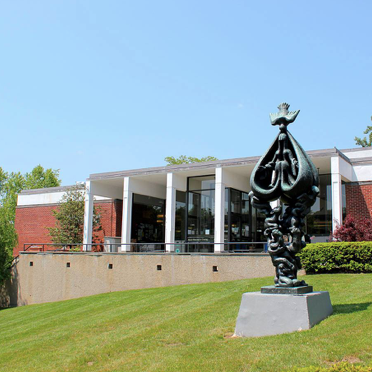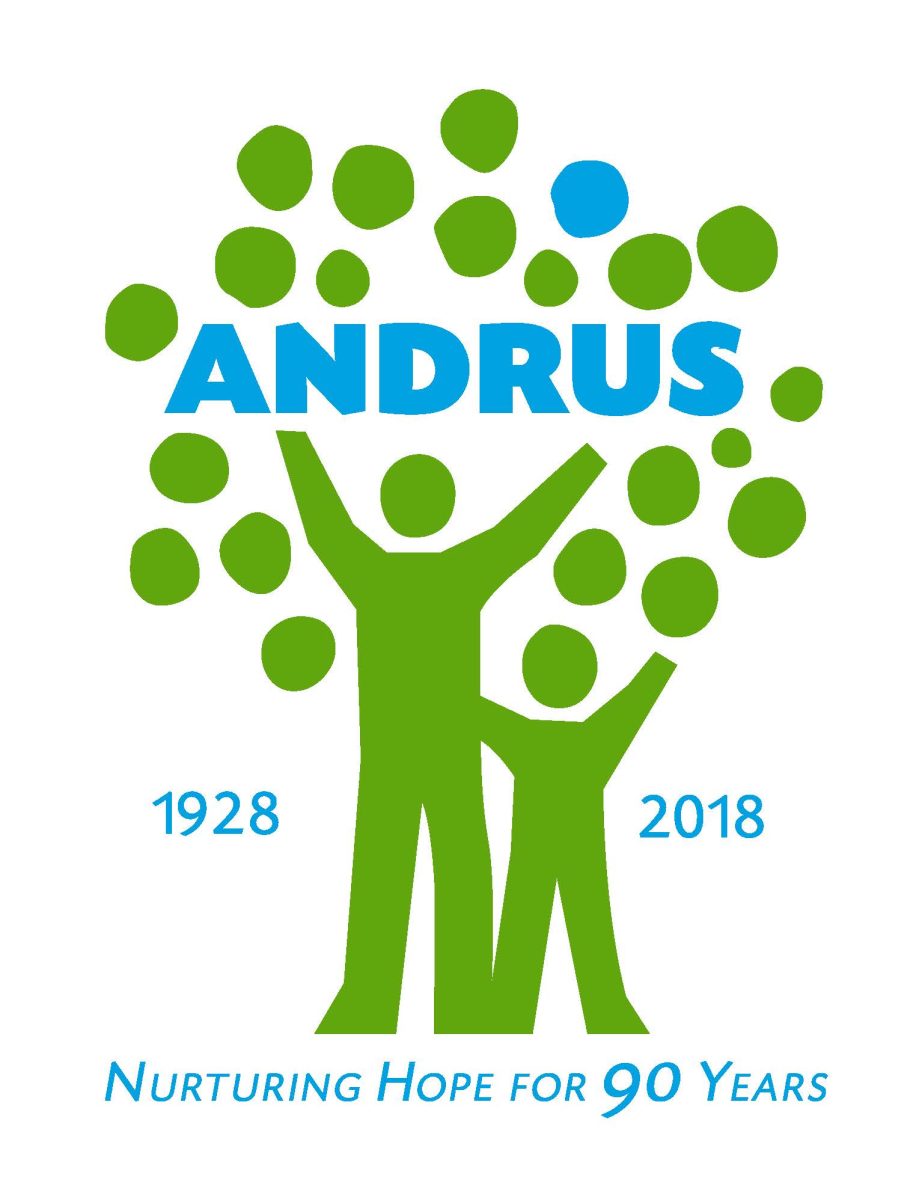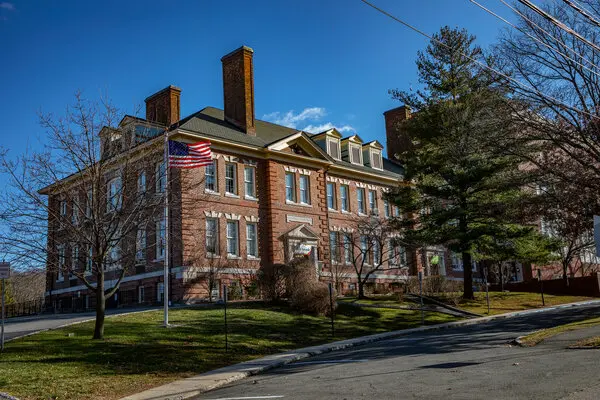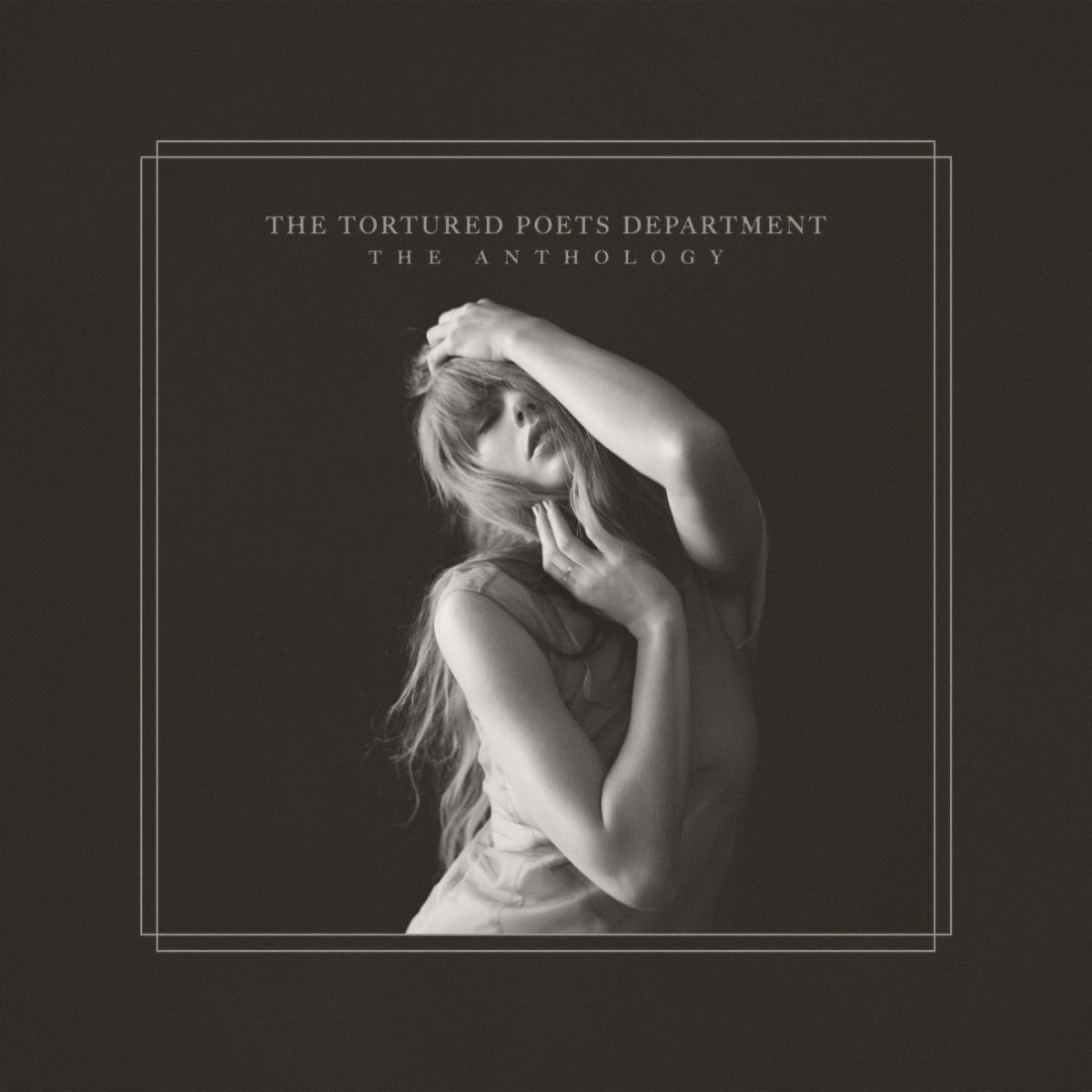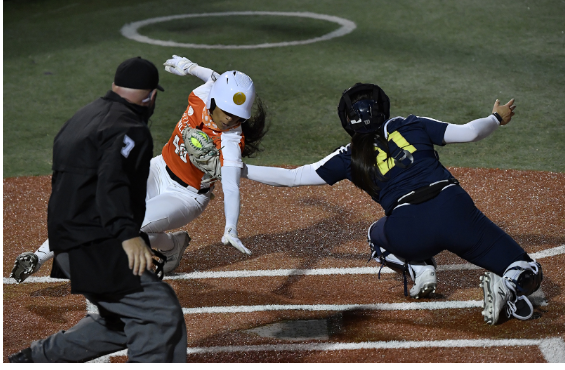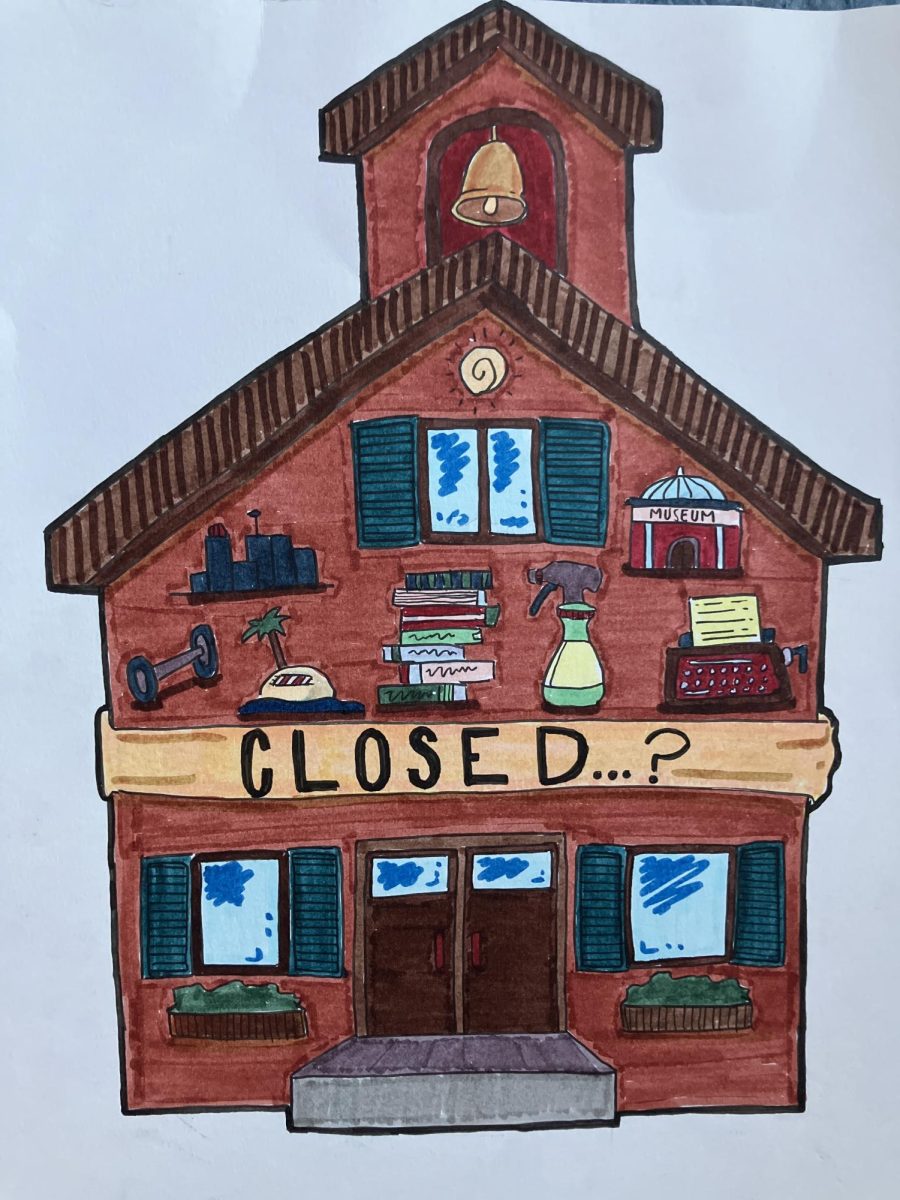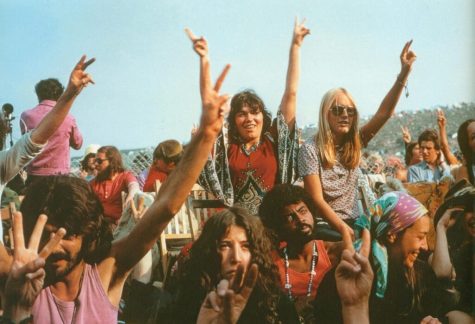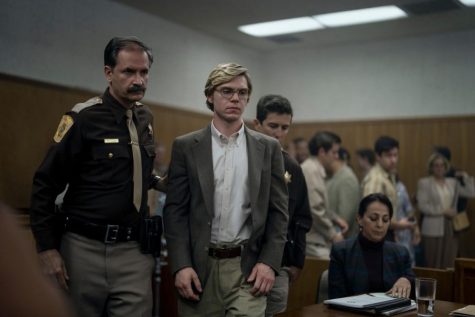Why Not an Actual Saint? A Commentary on the Acceptability of Columbus Day
October 11, 2020
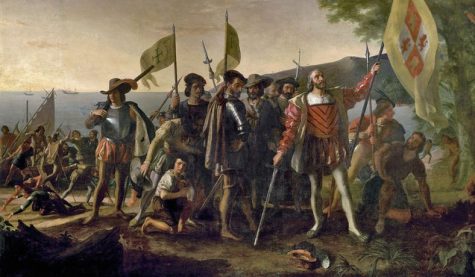
This October marks the 528th anniversary of Christopher Columbus’ landing in the Bahamas. The events that followed are a stain on the history of humanity; they call into question the natural goodness of all humankind. Columbus catalyzed a genocide that decimated the Indigenous populations of the Western Hemisphere. In light of this heart-rending legacy, states and municipalities all over America are transitioning to Indigenous Peoples’ Day instead of Columbus Day. Certainly this change is sensible and important. But it is necessary to examine all the particulars of Columbus Day before replacing it entirely.
Christopher Columbus was, by every metric, a monster. He enslaved the Indigenous populations in the Caribbean; he sent thousands into mines or plantations and thousands more on a deadly journey to Europe to work as captive laborers. As governor of the Spanish colony in Hispaniola (modern Dominican Republic), Columbus massacred natives in response to a revolt and had their bodies paraded through the streets. In the words of Bartolomé de Las Casas, the Dominican friar and early advocate against conquest and Indigenous enslavement, Columbus and his successors “deliver[ed] up the innocent in order to extract from their blood the wealth which [they] regard as their god.”
But Columbus remains an icon for many Americans. He was Italian, and, at least in name, a Catholic. Both Italians and the larger Catholic population in America faced enormous prejudice throughout the 19th and early 20th centuries; Catholics, who often lived in squalid conditions and worked undesirable jobs, were viewed by the Anglo-Saxon Protestant establishment as filthy, morally corrupt, and foreign. As a way to prove their “Americanness,” Catholics pointed to Christopher Columbus. How could Catholics be un-American if the “discoverer” of America was a Catholic himself? The holiday, first celebrated nationally in 1892, was a direct response to the 1891 lynching of eleven Italian-Americans in New Orleans. Columbus Day helped normalize Catholicism and particularly Italian Catholics in American culture.
Now, however, it is important for Italians and the greater population of Catholics to question whether honoring Christopher Columbus is appropriate. Given his character and actions, they must certainly come to the conclusion that it is not.
Many activists suggest replacing Columbus Day with Indigenous Peoples’ Day. Without question there should be an Indigenous Peoples’ Day. But Indigenous Peoples’ Day should not replace Columbus Day altogether. Rather, there should be two holidays: one honoring Indigenous populations and one honoring Italians and Catholics. If October 12th is the day that works for Indigenous peoples, then let that day be Indigenous Peoples Day. If Native American communities prefer another date or to honor a specific icon, then the government should accommodate them. Perhaps Americans will finally recognize the wealth of cultural beauty that developed right here in pre-Columbian North America. But there are plenty of days in a year; Americans should celebrate their cultural mosaic and also honor Italians and Catholics.
But if Columbus is not the Catholic we should celebrate, then who is?
The most plausible replacement is Mother Cabrini. St. Frances Xavier Cabrini was a Catholic nun and Italian immigrant. During the 19th and early 20th Centuries, St. Cabrini established charitable centers for the poor and elderly in New York City. As her deserved prestige grew, she traveled to and served Europe and South America as well. She was relentless and wildly successful: all in all, she established sixty-seven schools, hospitals, and orphanages. Beloved and a true American through and through, Mother Cabrini is a perfect candidate. Her feast day is November 13th. A November 13th federal holiday honoring Mother Cabrini would be a worthy addition to the holiday season.
Mother Cabrini checks all the boxes. But America should be challenged to explore this holiday even further. So many cultures and aspects of faith feel foreign in the United States, and so many figures are lost to the past because they do not suit the appetite of American society. History abounds with replacements for those treasured icons who are, in reality, not fit to tie the shoes of upstanding Americans.
What about St. Kateri Tekakwitha Day? St. Tekakwitha was a 17th Century Mohawk Catholic known for her kindness and healing abilities. She has the added benefit of being a native New Yorker.
How about St. Elizabeth Ann Seton Day? Another native New Yorker and 19th Century Catholic convert, St. Seton also opened houses for the poor in America. But her specialty was schools: St. Seton founded schools and taught young Americans. Her work towards educating the poor is an example of sincerely virtuous behavior.
And what about St. Katharine Drexel Day? Distinct among these candidates, this Philadelphia native is credited with restoring the hearing of two young deaf schoolchildren. St. Drexel became a nun and established schools and houses for the poor (a common theme) specifically for underprivileged African American and Native American communities. What a contrast from Christopher Columbus, who is at least partially responsible for the communities’ poverty in the first place!
In De Oratore, Cicero famously stated: “To be ignorant of what occurred before you were born is to forever remain a child.” From this wisdom, Americans should perceive two issues. Firstly, it is childish to pretend Christopher Columbus is someone he was not. Secondly, the Anglo-European cultural mainstream of America cannot forever maintain a monopoly on heroes and role models. All cultures deserve recognition and commendation; to honor only certain heroes is to feed the nation’s myths and to misrepresent the country’s history. And, as demonstrated above, potential worthy champions of every culture are spilling out of the nation’s past. It is time to honor each and every culture, not to squabble over which marginalized group gets to compete with America’s antiquated Anglicized fantasy.
